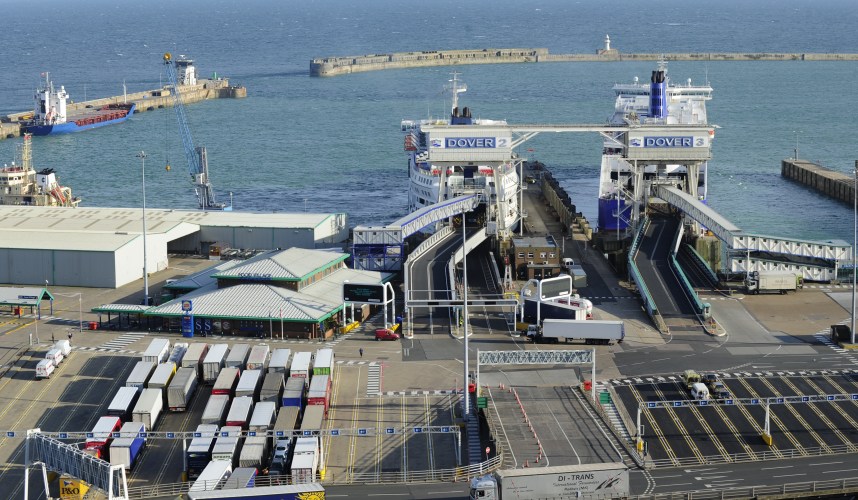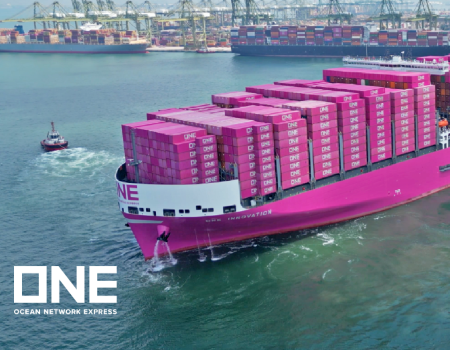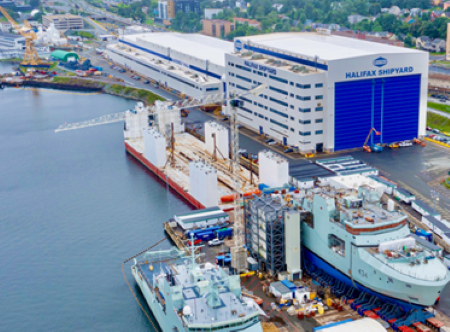The Port handled 2,601,162 lorries in 2017 – up on the previous record by almost 10,000 units. It brings the total increase over the last five years to just under 650,000 units or 33% per cent.
This continued growth, says Port of Dover Chief Executive Tim Waggott, is proof that Dover continues to be the port of choice for hauliers travelling to and from Europe – the UK’s largest trading partner.
The latest figures, released today, also underline the need for a post-Brexit trade deal that ensures continued traffic fluidity at this crucial export/import gateway which handles up to 17% of the UK’s entire trade in goods worth up to an estimated £122 billion last year. As Europe’s busiest ferry port, there remains no substitutable capacity elsewhere in the UK to handle Dover’s trade volumes.
Mr Waggott said: “We offer supply chains the shortest sea crossing between the UK and the Continent and, as such, will continue to be the most efficient strategic choice for hauliers.
“The recent year-on-year increases in freight traffic through the Port and continued growth projections further highlight that this key trade route connecting Ireland, the UK and the rest of Europe is vital to the UK’s economic prosperity as well as the rest of the EU.
“With Brexit talks about to move on to trade, it is essential that all sides commit to the right solution to ensure fluidity at Dover and the wider trade corridor along with a more resilient strategic road network to support it. Jobs and livelihoods depend on it.”
The Freight Transport Association (FTA) – one of the UK’s largest trades associations, representing the interests of companies moving goods by road, rail, sea and air – echoed Mr Waggott’s calls on post-Brexit trade requirements.
James Hookham, the FTA’s Deputy Chief Executive, said: “The ease with which vehicles and their loads can pass through Dover and the French ports will be a big test of the post-Brexit arrangement. With Ro-Ro traffic growing at the current rates, getting clarification on how any future Customs procedures at Dover and elsewhere will work is the top priority for European logistics and supply chain managers in 2018.”
Anastassia Beliakova, Head of Trade Policy at British Chambers of Commerce, agreed. She said: “It is great news that the Port of Dover is setting records, demonstrating its importance as a route for trade with Europe.
“It is therefore now important to ensure that ports and businesses all across the UK get clarity as our trading relationship with the EU changes.
“The UK Government must ensure to maintain customs cooperation with the EU, minimise customs administration at the border, as well as commit to infrastructure projects that facilitate the flow of goods to and from Europe.”
And Jean-Marc Puissesseau, President-General Manager of Port Boulogne Calais, added his support for fluid trade post-Brexit. He said: “Like the Port of Dover, the Port of Calais is expecting to confirm record freight traffic this year, with 2 million heavy goods vehicles passing through in 2017.
“Forecast growth in freight traffic on both sides of the Channel in the coming years proves that the Calais / Dover route, the shortest and most economical route, remains a strategic choice for the transport and logistics industry.
“It is essential for the Port of Calais and its hinterland that this traffic flow is maintained and that the ongoing discussions between Europe and Great Britain over Brexit ensure the route’s durability.”








